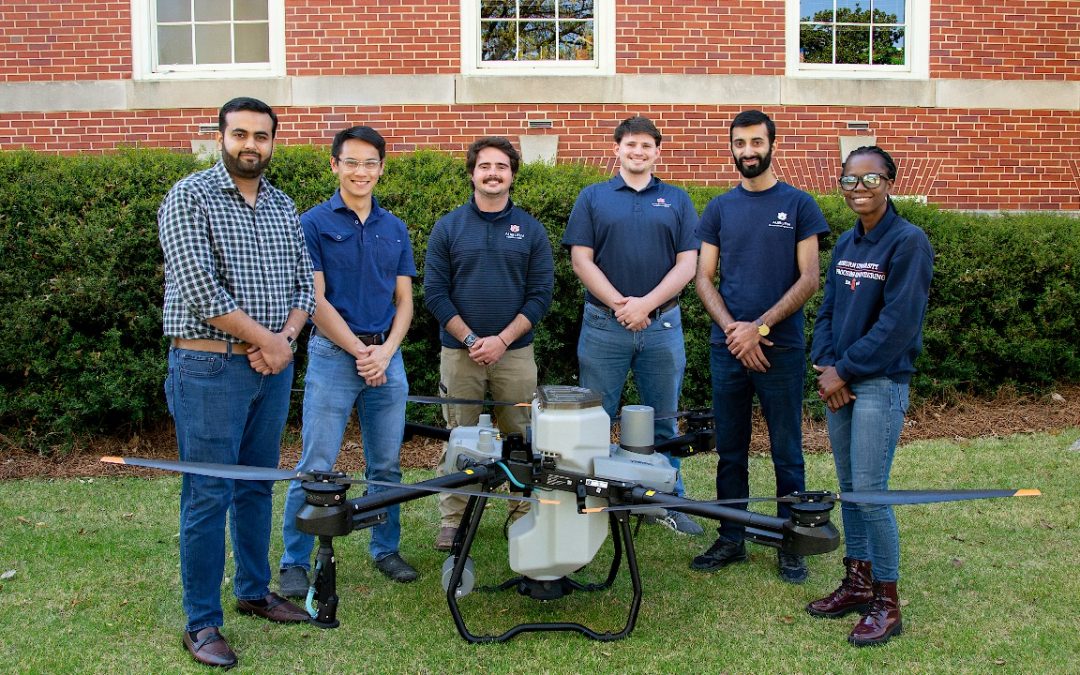AUBURN, Ala.—Puneet Srivastava, a biosystems engineering associate professor and Alabama Agricultural Experiment Station researcher at Auburn University, has been awarded a highly competitive, $285,000 grant from the National Oceanic and Atmospheric Administration to develop a groundwater-level forecasting tool that can be used in the management of recurring droughts in the Apalachicola-Chattahoochee-Flint River basin.
In the two-year study, Srivastava and collaborators from the National Center for Atmospheric Research, the U.S. Geological Survey’s Georgia Water Science Center and Albany State University will assess groundwater levels in the Lower Floridan Aquifer region in south Georgia, an area that lies within the watershed and one in which groundwater-based crop irrigation is used extensively.
Based on the data collected, Srivastava and team will craft a forecasting procedure that the National Integrated Drought Information System can use as a drought indicator in establishing a Drought Early Warning System for the Southeast.
“Because this tool will be tailored to stakeholders in the ACF River basin, state officials in Georgia, Alabama and Florida could use it for developing effective drought-management policies that could help them manage drought without adversely impacting their farm economies and water resources and that could help resolve the ongoing tri-state water wars,” said Srivastava, referring to a 23-year-long legal battle the three states have been waging over usage of the river system’s waters.
Successful completion of the proposed project also will fill a crucial gap in understanding the effects of climate and irrigation on groundwater resources of the Southeast, Srivastava said.
Srivastava is the lead investigator for the project, which is funded through NOAA’s Sectoral Applications Research Program.
The Apalachicola-Chattahoochee-Flint River basin is the watershed of the three-river system, which begins in north Georgia and flows into the Gulf of Mexico at Apalachicola Bay in Florida.




